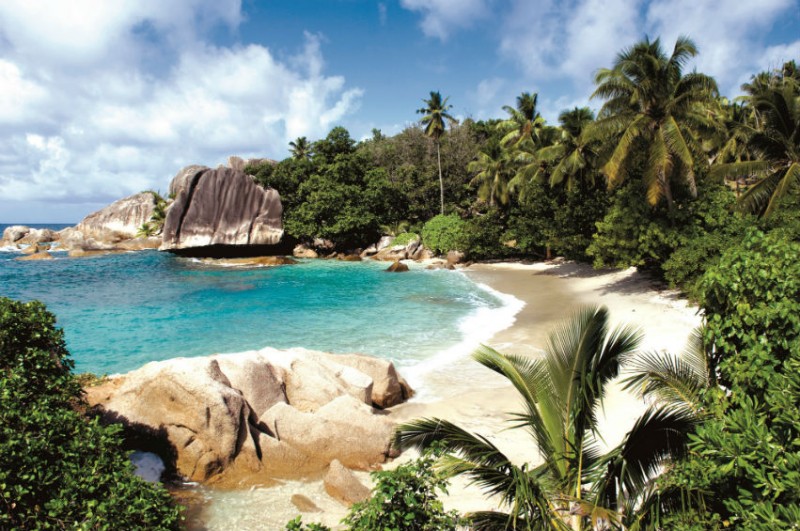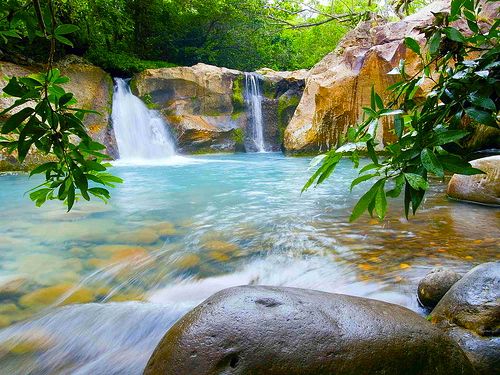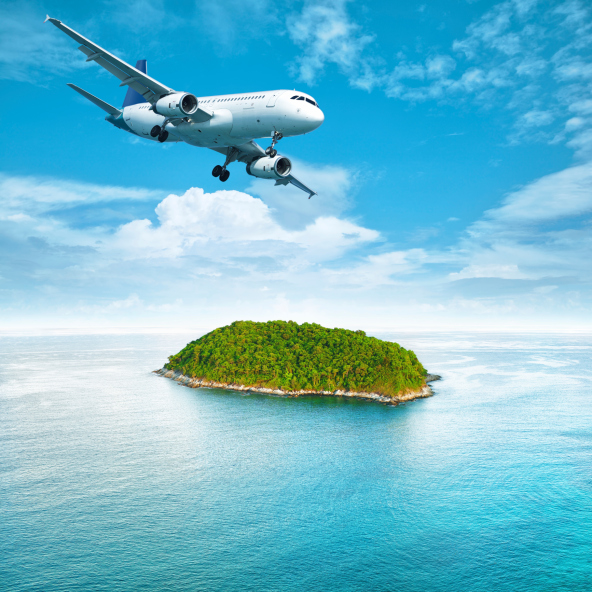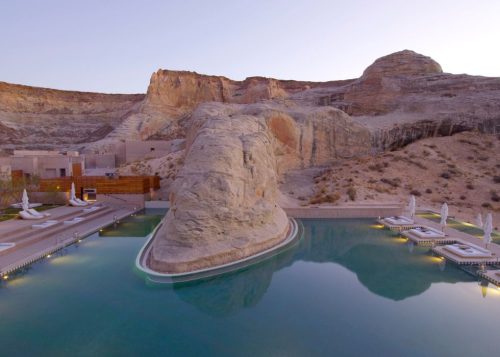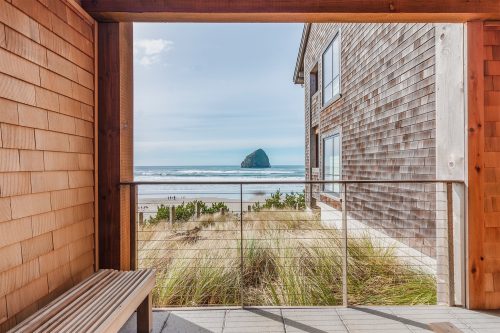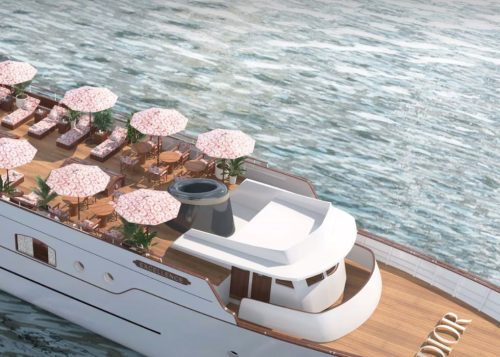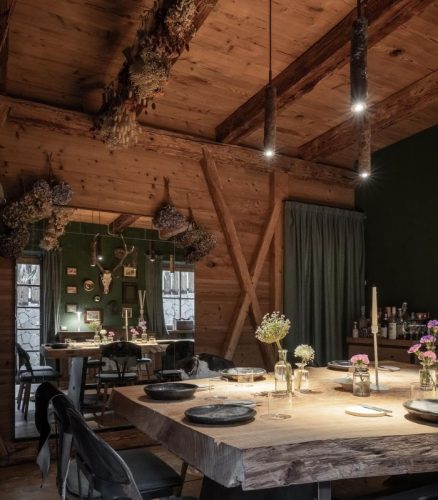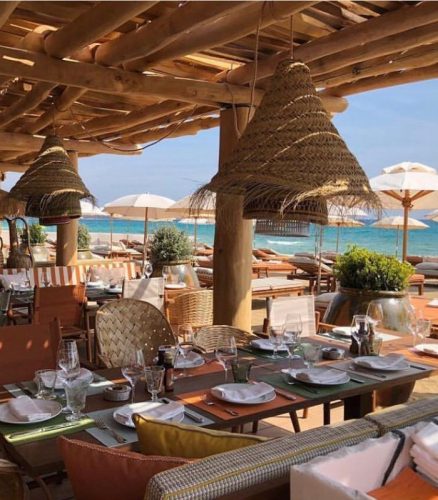Travel is a passion for many. It opens your life to new cultures and experiences, and it can take your mind off the daily grind. Lately, you hear a lot about eco-travel and green travel. When eco-travel started, it was associated more with backpackers, budget travel and bare bones accommodations. The good news is: not anymore. Green went fancy, and now you can travel and have less impact on the environment. This is all while keeping your standards luxurious. Consider these eco-travel ideas as you plan your next family vacation. It’s never too early to start thinking about our planet.
The Benefits of Eco-Travel
When you travel in an eco-friendly way, you directly impact the well-being of future generations. Eco-travel is focused on conservation of energy and resources: using renewable energy sources and fewer fossil fuels and recycling, reusing and using less water. Eco-travel also protects and sustains the natural habitat of plants and animals. There are ways to travel that do not pollute the environment and that do clean already polluted areas, reforest, re-create natural conditions. It’s not too late to reverse the effects of environmental damage. Additionally, you can have a positive impact on the communities where you travel by working with the locals, taking part in educational programs and supporting the local economy. These are just a few eco-travel ideas.
A Deeper Dive for Eco-Travel Ideas
1. Book an eco-friendly resort
This may be one of the easiest eco-travel ideas. Luxury eco-friendly resorts have been popping up all over the world. They are so gorgeous that it will be hard to pick just one. Eco-friendly hotels and accommodations positively impact the environment in many ways. They usually do so by adopting traditional and innovative green initiatives. Here are some of the most common ones:
Green building materials
Some eco-friendly resorts were constructed as such, while others have been adapted. The former uses local and natural building materials, such as clay, straw or palm leaves, bamboo, local wood or plants to construct accommodations and other installations. In places with a shortage of local building materials, green can mean refurbishing used shipping containers or using recycled plastic bricks.
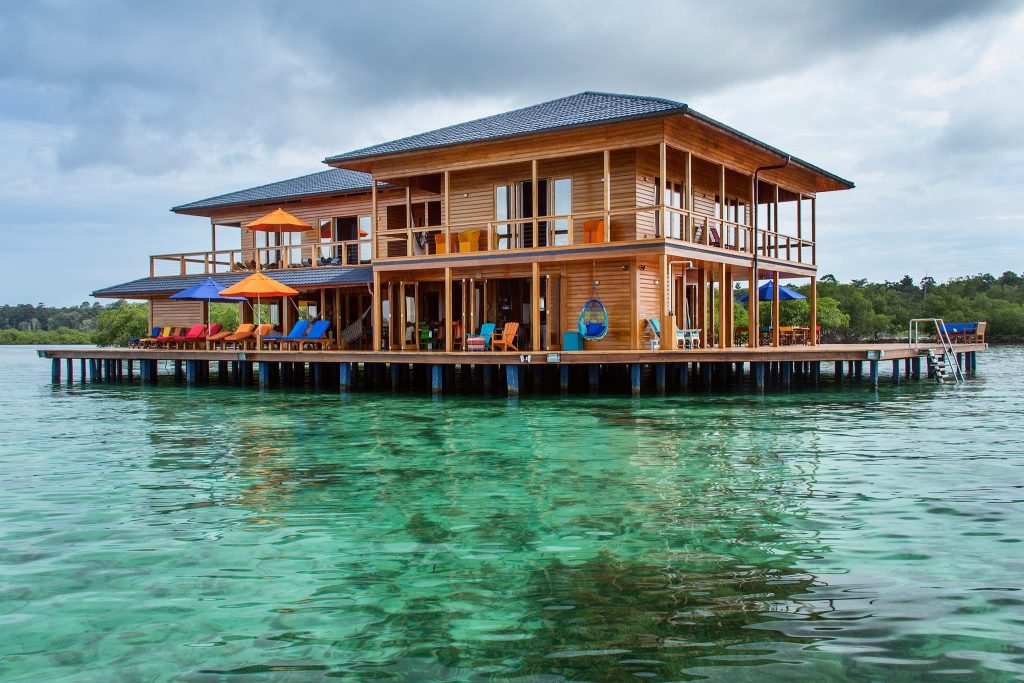
Low impact on the original landscape
Eco-resorts do not have a big impact on the original landscape. They try to blend into the environment, conserving the autochthonous flora. For example, instead of cutting down trees when constructing buildings, buildings are built around the trees. We have even seen resorts where trees grow through the buildings!
Energy efficiency
This is a big category that relates to the both sources and uses of energy. Some resorts produce their own clean energy on premises, using solar, wind or hydropower. Others have energy-saving programs in place — think LED lights only, motion-sensor lighting and energy-efficient appliances.
Other resource efficiency
Some resorts focus on saving water, producing zero waste, or making their own biofuel for the vehicles used on-site.
Gray water treatment and harvesting of rainwater for irrigation
Some resorts use every available resource. Water is scarce in many locations, and filtering the water used in showers and sinks for irrigation can make a big difference. Collecting rainwater to use later also saves resources.
No-plastic policy
Many eco-resorts have a strict no plastic policy. This is one of the easiest eco-travel ideas to implement for a hotel. They only use glass bottles and purchase toiletries and other products with no (or limited) packaging. They may even collaborate with local producers to fabricate the needed items in compliance with the no plastic policies.
Recycling and composting
Recycling is a must now throughout the world. Eco-resorts go further, and many have a composting site. They will gather all the food scraps and compost them, instead of putting them in the trash that later goes to a landfill. The compost may also be used to fertilize the plants or their own vegetable gardens.

Resort gardens
This is one of those eco-travel ideas where everyone wins. Many establishments will plant vegetable and fruit gardens to offer fresh produce in their restaurant, in a true farm-to-table fashion. The veggies grown on the spot have a much smaller carbon footprint than food that has to be transported to the resort, and are much fresher and tastier.
2. Give back to the local community
Supporting the local community and its economy plays a big part in preserving the cultural heritage and the environment. Every dollar that stays within the community secures the well-being of the locals, who have the greatest ability to protect their native environment. Here are some more specific ideas:
Local artisans
An easy way to support locals is to buy souvenirs directly from local artisans, as the money you spend stays in the local economy. Airport or hotel souvenir shops might not sell products from the area, or the products might not be fair trade.
Local markets
Another option is to visit local markets, instead of going to shops, when you need something. Usually, you can also find locally owned restaurants where you can try traditional food, meet the area’s residents and learn more about the culture.
Authentic experiences
Another green — and educational — option is to look for activities that showcase traditional culture and crafts. The proceeds go to support the local economy. If possible, hire local guides and try to take part in community-based tourism.
Part of giving back to the community is also respecting and protecting its environment and culture. Something as easy as not stepping on the local flora when a path is available can make a difference. Many resorts also directly support local employment and education. Ask if there is a way you can help or donate to preservation programs they take part in.
3. Other actions you can take to help
Flights
Taking a flight is one of the most environmentally detrimental actions in travel. Fortunately, there are two things we can do to diminish this impact. First, when buying your ticket, many companies will offer you the option to offset the carbon emitted. This costs extra, but the money is used to support programs that help to sequester carbon from the atmosphere. Second, you can choose airlines that have the lowest carbon footprint and that use biofuels as an alternative to fossil fuels.
Take a walking or biking tour
To lessen the use of fossil fuels further, you may opt to get to know your destination via a walking or biking tour. Really any electric vehicle, if available, will often allow you to see more than just the most famous and travelled areas. Usually, these tours are guided by locals who tell you about not only the history but also the culture and people.
Turn off the lights
This is another low hanging fruit, for eco-travel ideas. When in the resort, even though they probably already have energy-saving programs in place, try to do what you can. Turn off the lights when you are not in a room, unplug devices when not using them, take shorter showers and only open toiletries you need. You can also refuse daily room cleaning to save water, cleaning supplies and excessive towel and linen change.
Don’t Waste
Food waste is double trouble: resources are not being used efficiently, and wasted food is sent to the landfill where it rots and releases greenhouse gases. If you only order what you need, you are reducing the food waste. If you are eating at a buffet, start small and add more food if you really want it.
Eat a Vegetarian Diet
Go to local vegetarian restaurants and discover the local cuisine. Some cuisines are meat heavy, and some not so much. Try to discover local vegetarian dishes or vegetarian alternatives to traditional dishes. Vegetarian meals use fewer resources than meat and are also responsible for fewer greenhouse gases. Many places have high-end vegetarian or vegan restaurants that will convince you that a veggie meal from time to time is a great investment in the future of the planet. If Eleven Madison went vegetarian, it’s something to consider, even once a week.
Streamline Your Purchases
For many people, shopping is a big part of travel. Unfortunately, many times, it means ending up with things we don’t really need or even want. Consider every purchase. Do you really need or want the item? Will you use it often? Can you do without it? Everything we purchase will eventually end up in a landfill or worse, in the oceans. Every spared item is a change for the better.
Let’s Do This Together
Tourism is an important industry that provides positive economic benefits to many countries and regions. Even though the travel industry has been negatively impacted during the last year, it is not going away and will only grow in the future. Therefore, you can help make a positive impact on our planet by adding these eco-travel ideas and tricks to your travel planning. A small action by many people will have a cumulative effect. We can impact the future of the planet while still doing what we love.
About Maria
Guest Writer Maria Gagos is the founder of Green Rank. She is passionate about conservation and children’s education of environmental issues.


























